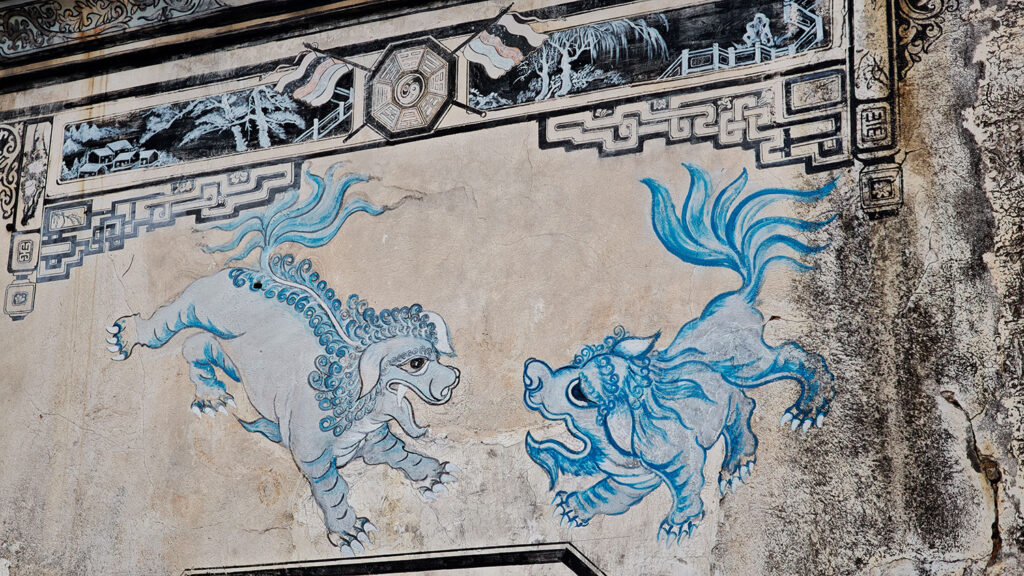In high school, I was never good at languages. Not in Dutch — learning advanced grammar — and not in French, German, or English. The latter I actually learned most from playing computer games online, but because it’s so similar to Dutch, I never really considered myself to be bilingual. I never had to embrace different sentence structures or different logic. Even English and Dutch homonyms rather match like ‘atmosphere’ (space/mood) or ‘objective’ (goal/part of a camera).
But Chinese is all different. Since late 2018 I’ve been learning Mandarin Chinese at GoEast Mandarin. I’ve gone from zero skills to well beyond HSK4 and into their Spoken Chinese course (instead of HSK5). And I’m comfortable to speak Mandarin with Chinese people on the streets or in restaurants or actually anywhere I go. I play football with the neighbors, and although the Chinese we speak during the match is rather simple “Forward!!!”, “Here!!!”, and “AYA!!!”, I would have never had this opportunity if I did not speak Mandarin Chinese.
Learning Chinese online and in Shanghai with GoEast Mandarin has taught me so much about language in general. I’m now much more aware of how language is a living thing; idioms testify to this. I never appreciated idioms before, but they’re an amazing piece of communication. They are so culturally loaded; when I tell someone they’re wasting my time (Playing a lute to a cow — 对牛弹琴 Duìniú tán qín), it’s not just those words but the fact that hundreds of millions of Chinese people (kinda) approve of that message.
Then there’s grammar. I never thought it’d become a natural part of the language; for simple sentences, I don’t need to switch between ‘English/Dutch’ sentence structure and ‘Chinese’; I just use the one that matches the language because it’s part of that language.
Then there are the characters. When I started learning Chinese Hanzi characters, I had to consciously think about the matching Pinyin, then the sound of the Pinyin and the meaning attached to it. The most amazing experience was when I first saw a character and the meaning instinctively came into my mind, without first consciously thinking about the Pinyin. It became part of me.
I don’t recommend learning Chinese to everyone; I’ve done about 350 hours of classes and about the same amount of homework. Do it if you want to live or work with/in China. But I do recommend everyone to learn a language; it’ll make you more aware about language in general, including your own.



